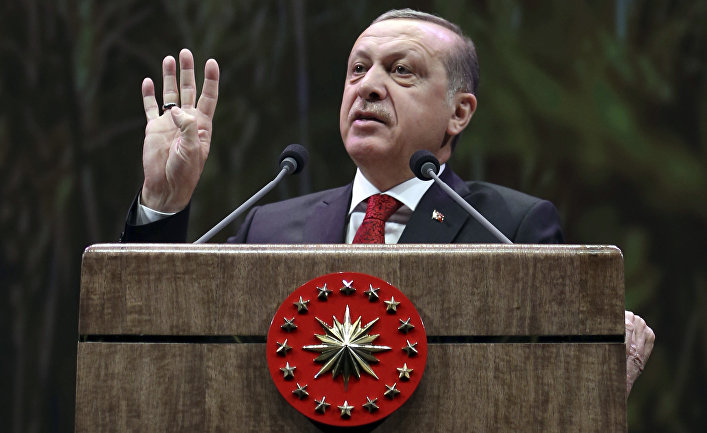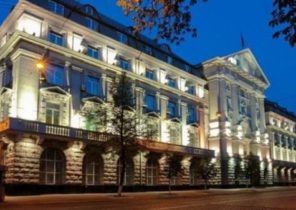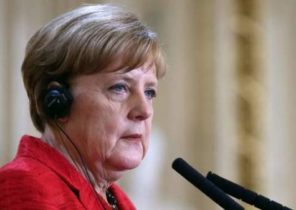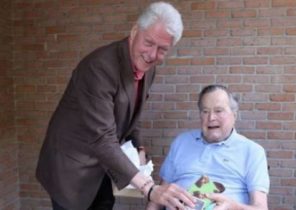
In many parts of the world, including the United States, held a protest against imposed by President Donald trump ban on entry into the United States citizens of seven Muslim countries, while Turkey does not come almost no sound, and it’s many surprises.
Indeed, Turkish political leaders, who, as a rule, in such cases, react in a very harsh form, especially the President, this time said nothing. From the people, of institutions — also no action.
To understand the reasons for this are easy.
Of course, in Turkey no one approves of what makes trump regarding migrant workers; all experience anger in relation to religious discrimination and I believe that this step will contribute to the rise of terrorism, not to prevent it.
The position of “wait and see”
But unlike many countries, from the UK to Australia, Turkey expressed its vociferous reaction. This comes from the fact that after the change of power in the US, the Turkish diplomacy has to take a position of “wait and see”.
In a period when Turkish-American relations are in crisis, Ankara has serious expectations from the trump in the direction of resolving some of the problems. Then, what position will tramp on issues that have a direct impact on the bilateral relationship — it is primarily for the extradition of the leader of the terrorist organization FETÖ of Fethullah Gulen (Fethullah Gülen) and the termination of support of the Party “Democratic Union” (PYD) / people’s protection Units (YPG), is still unknown.
This, apparently, will become clearer after the meeting of presidents Erdogan and trump, which is expected soon will be in Milan.
It is quite reasonable that up to this point, Ankara does not want to alienate trump and behaves a bit more patient and restrained. But this is not a problem that some officials had expressed their point of view about the “ban on immigration”. And this happens in a moderate and careful form…
Interests first of all
It is important for Turkey to realize its expectations on issues directly related to her interests.
It is the priorities of Turkish foreign policy. But the administration’s position trump on the issues that have no direct impact on Turkey is of secondary importance.
But, as we noted above, should not interfere with the fact that Turkey occupied a suitable position on the steps of a new American leadership, which are in conflict with the views of Turkey or sensitivity aspects.
Turkish diplomacy has already had similar experiences.
For example, when Russia occupied and annexed Crimea, Ankara — despite the bonds that exist between Turkey and the Tatars, tried not to speak sharply against Moscow and not to take action that could harm relations with Russia. Similar position was observed concerning actions of China against Uyghurs in East Turkestan (historical toponym of the Xinjiang Uygur Autonomous region, approx. transl.)…
In those cases when the priority of interests in foreign policy have the advantage, pragmatism becomes inevitable.







